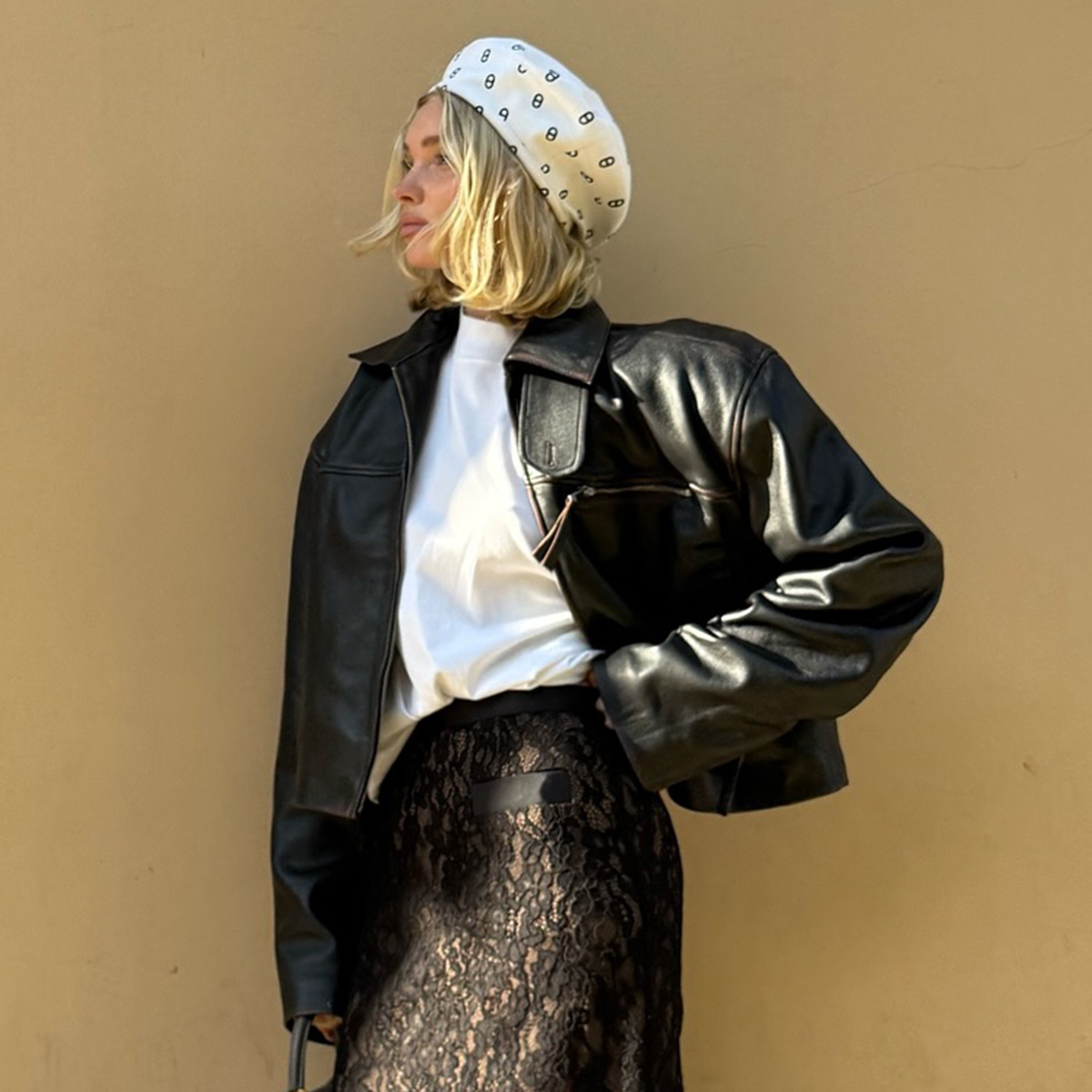Cartier Is Empowering These Fashion Entrepreneurs Who Are Making a Difference
At Who What Wear, we’re big fans of Cartier’s Women Initiative, which is an annual program that aims to empower female impact entrepreneurs. Each year, it awards a group of business owners from around the world grants to further their companies. As someone who has attended a few of the award ceremonies over the years, I am always astounded at the difference this group of dynamic women is making, whether it’s a company that delivers blood on demand (within 55 minutes any time of day or night!) to hospitals in need in sub-Saharan Africa or a business that empowers under-resourced youth to get access to loans and resources for higher education.
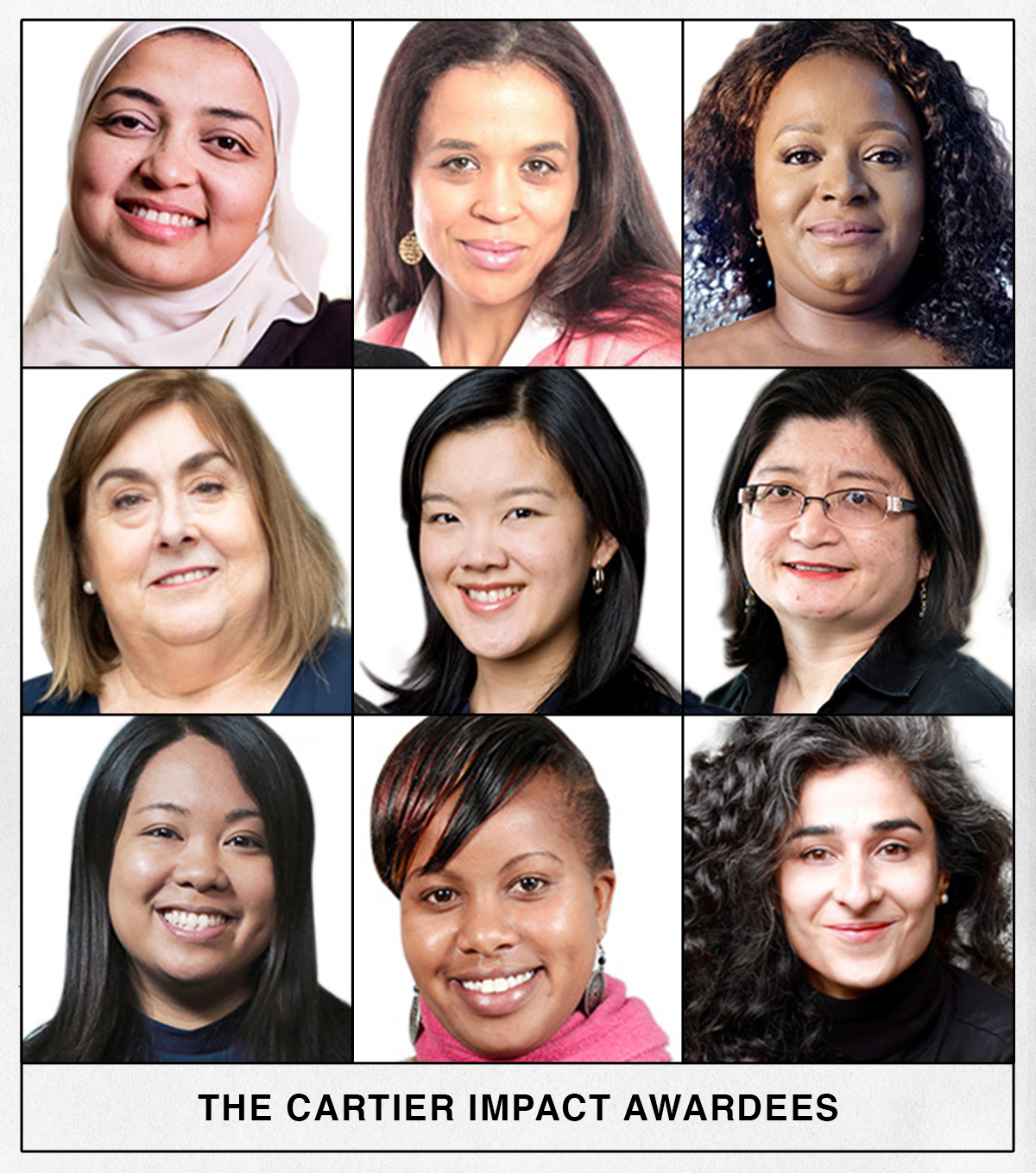
Given that I work in fashion, I pay especially close attention to any finalists whose companies are in the fashion sector. In 2019, that was Emily Levy, who co-founded a company that makes wearables for people with chronic illnesses. This year, I was pleased to get to know Cartier Women’s Initiative awardee Carol Chyau, the co-founder and CEO of Shokay, a sustainable textile business that uses yak wool.
Fifteen years ago, no products were made of yak down, despite the fact that it’s actually warmer and more breathable than cashmere or wool. Over the past decade and a half, Chyau and her partners have essentially created the market for yak fiber, purchasing the material directly from Tibetan herders (80% to 90% of the world’s yak population resides in Western China) and creating clothing under the Shokay brand, as well as supplying to and consulting for major brands such as Bonobos and some of the H&M brands such as COS and Arket (a favorite of our Who What Wear UK editors).
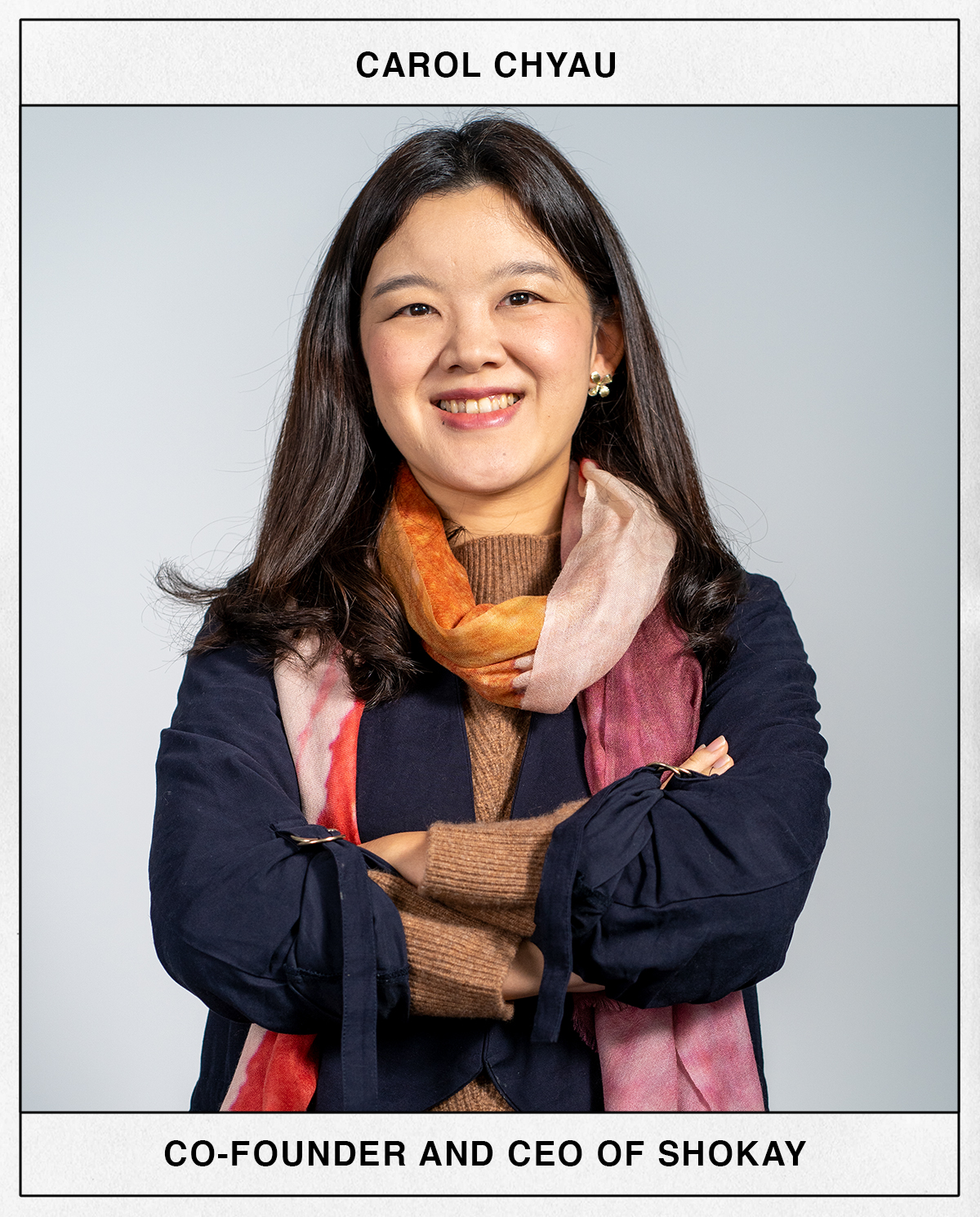
Shokay provides the means to connect traditional herding communities with the modern marketplace, resulting in significant economic opportunity for the remote area. Today, Shokay works with roughly 4000 families and has been able to increase the value of yak fiber by a factor of five, from two dollars per kilo to ten. In addition to the economic growth, Shokay has also had a positive impact on the planet. Yaks are naturally sustainable animals because their efficient digestive systems emit fewer greenhouse gasses, and the nomadic lifestyle of yaks prevents overgrazing in one area. A win-win for people and the planet. Who What Wear Collection is planning to have a yak sweater come out this fall, and it’s wild to think that without Chyau and Shokay, the existence of yak fiber as a viable option in the textile marketplace may not have even been on our radar. And with the support of the Cartier Women’s Initiative, Chyau will be able to grow her revolutionary company even further. Keep reading for more insight from Chyau about the future of Shokay and her advice for female entrepreneurs.
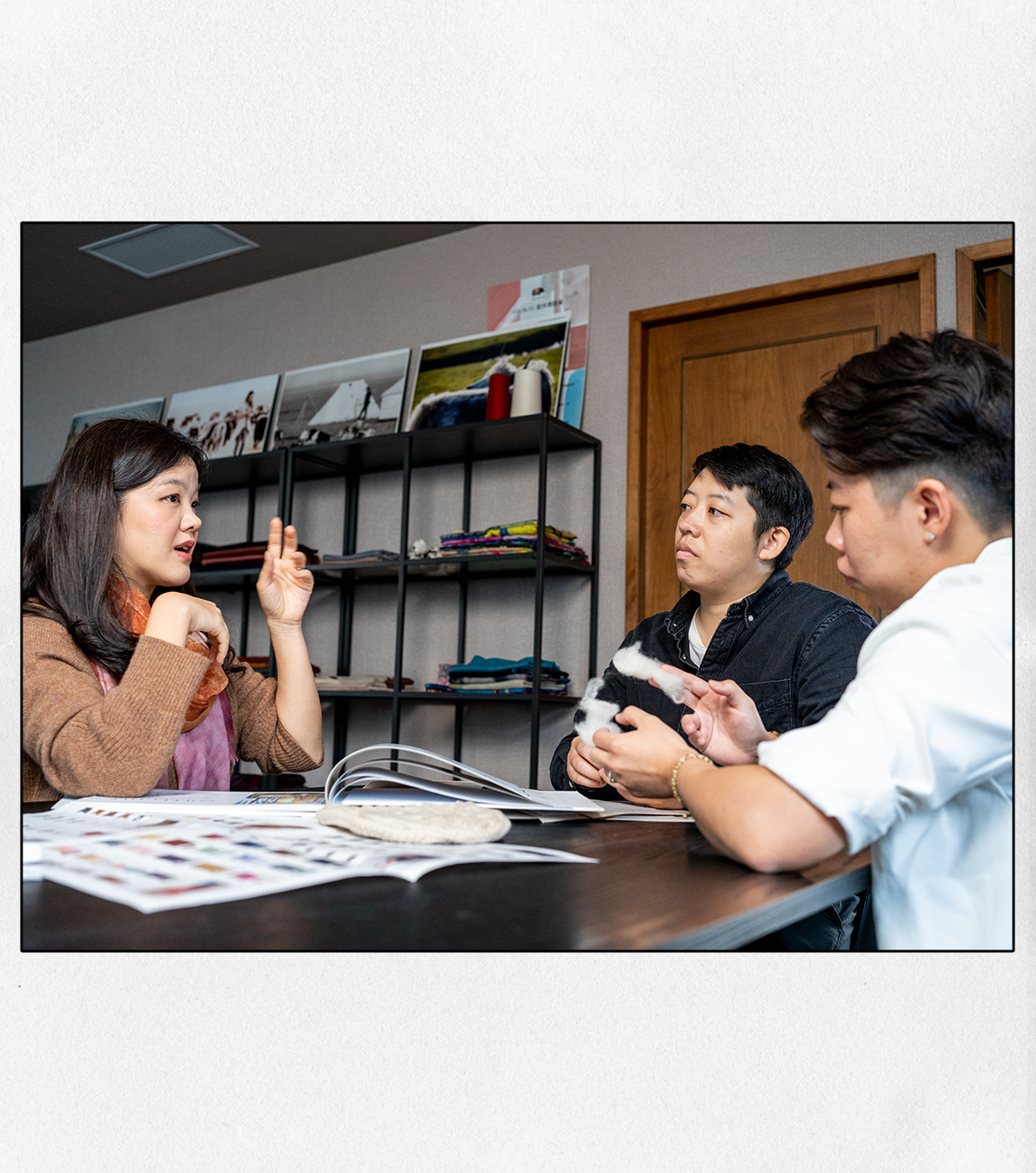
How did the idea of your business come about?
I was close to completing my master's in international development at Harvard when I took a vision trip to Western China with a few of my classmates. We connected with local organizations and were inspired by the possibilities of starting a social enterprise related to yaks. Yaks are a key asset for Tibetan families across Western China but had not been commercialized, so we saw an opportunity to potentially make an impact in a sustainable way.
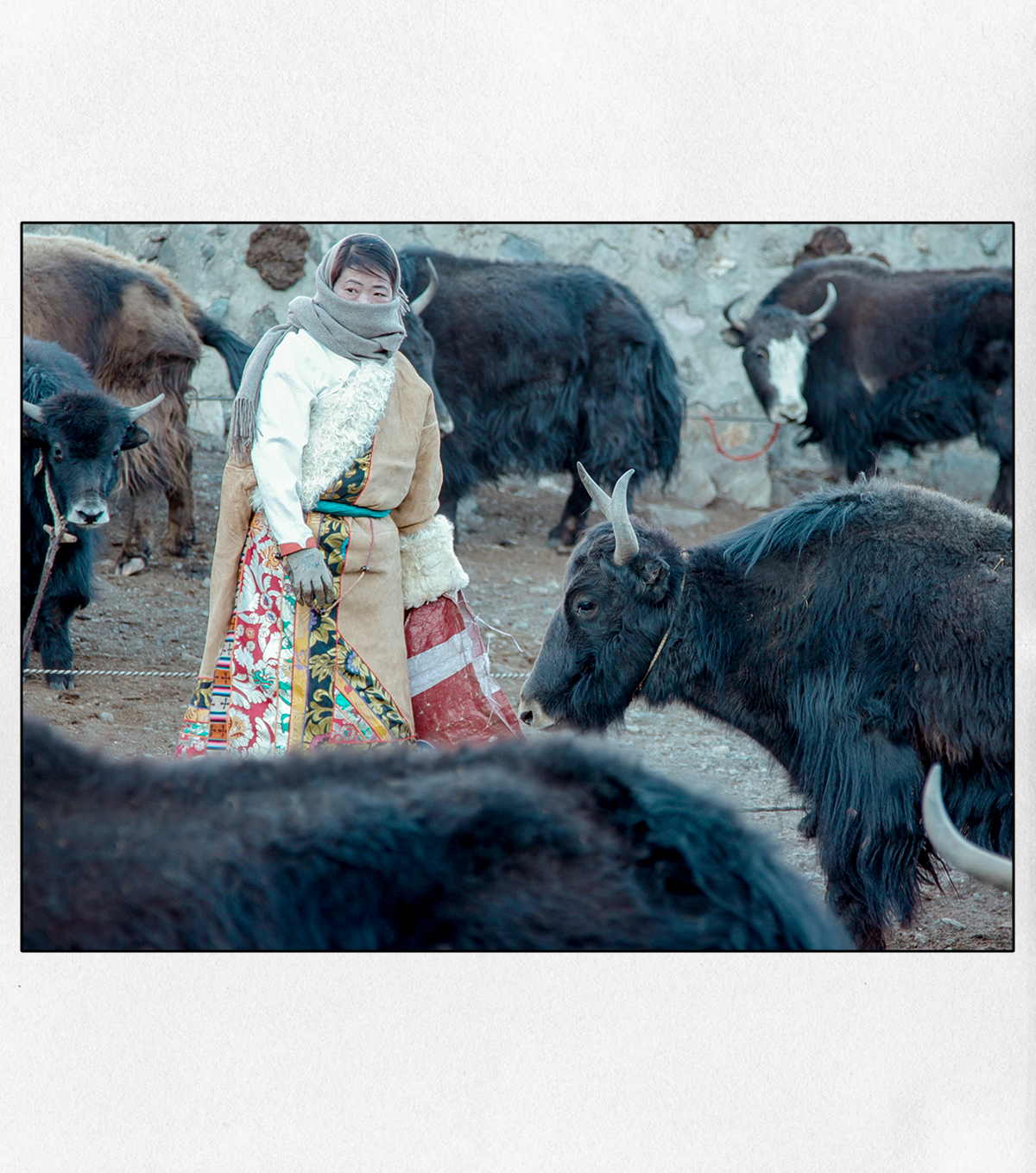
Do you ever get notes or feedback from the yak farmers you work with about how Shokay has impacted their lives?
Our story has inspired a lot of young Tibetans, who grew up with yaks on the plateau and never knew how precious its fiber was. By connecting their communities with an international supply chain, it has provided them both economic opportunities, but more importantly, a sense of dignity and pride for their own culture. Many young Tibetans have also started their own brands using local materials as a result of our work.
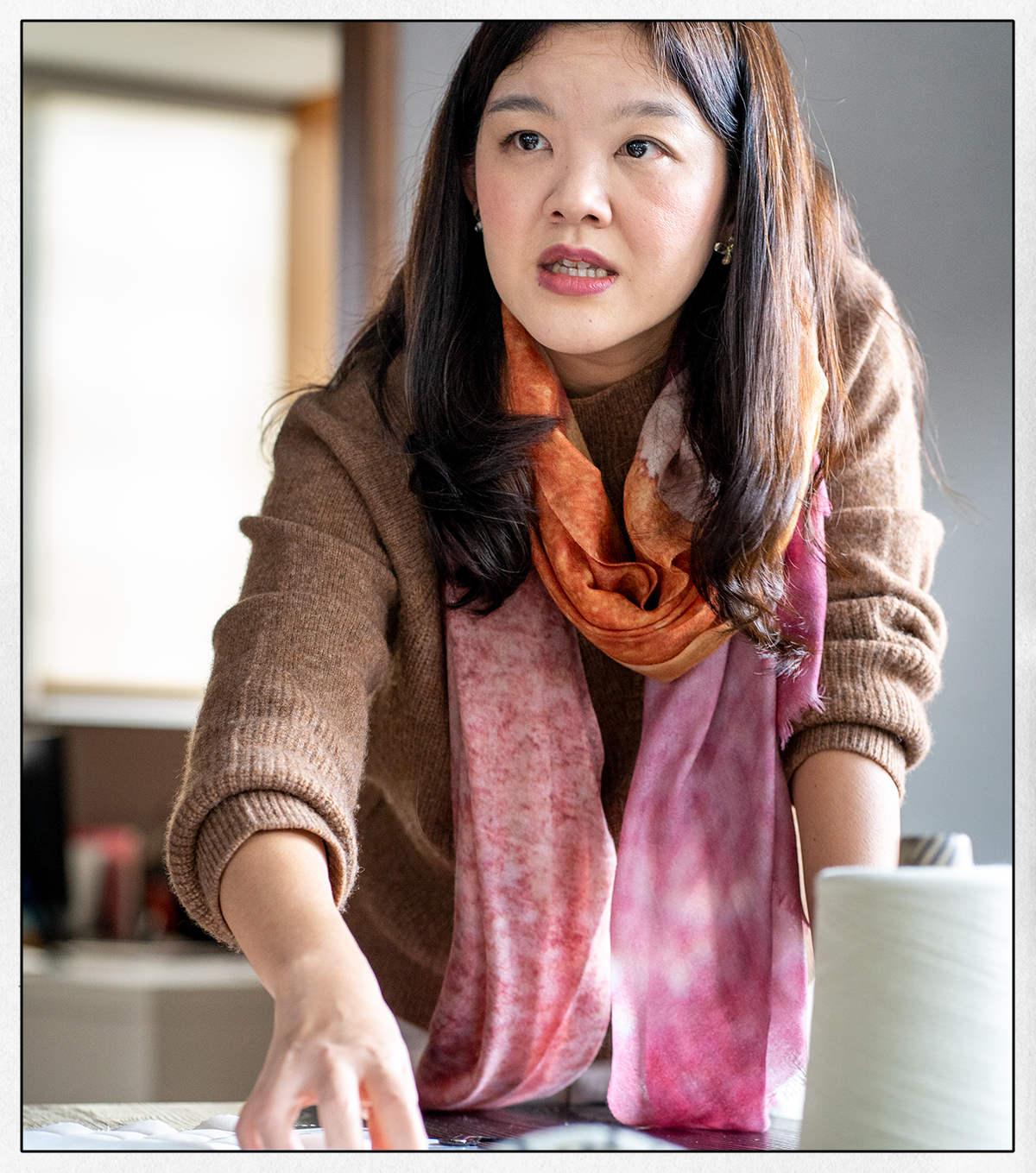
Can you share about how yak fiber has gone from essentially an unused material to the distribution you have today?
We have had to work closely with the textiles supply chain to develop yarns and fabrics that fashion brands can readily use. It took a lot of investment in product development and a lot of educating the market.
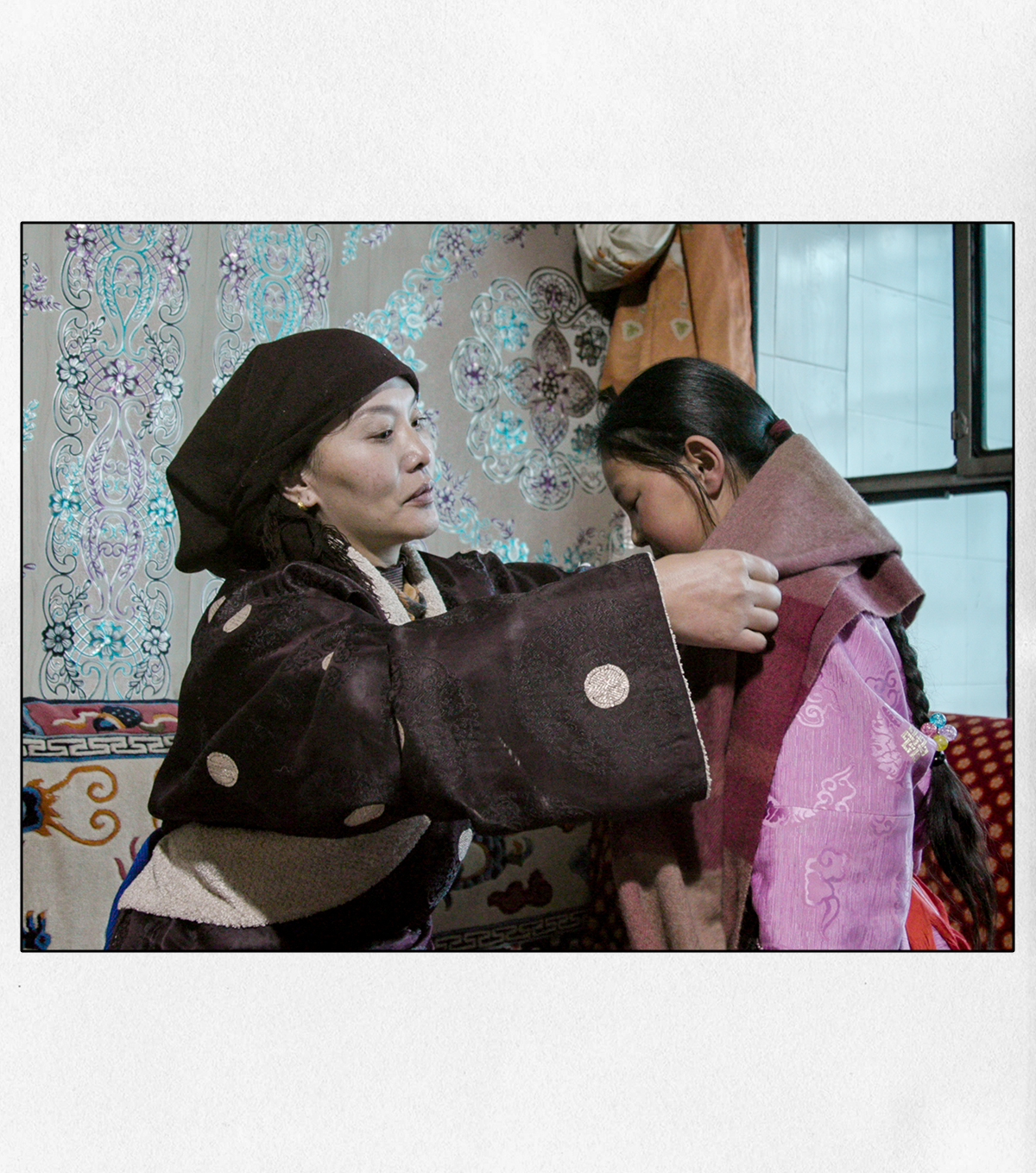
What's next for Shokay? What's your vision for the future of the company?
We both supply textiles to the fashion industry and have our own brand. I would love to grow our brand internationally but also partner with other brands to advance the entire yak-wool industry in a more sustainable way. Brands like Bonobos and Frank and Oak are already using yak as part of their core collections. By doing so, it enables us to expand our sourcing bases and impact more Tibetan families.
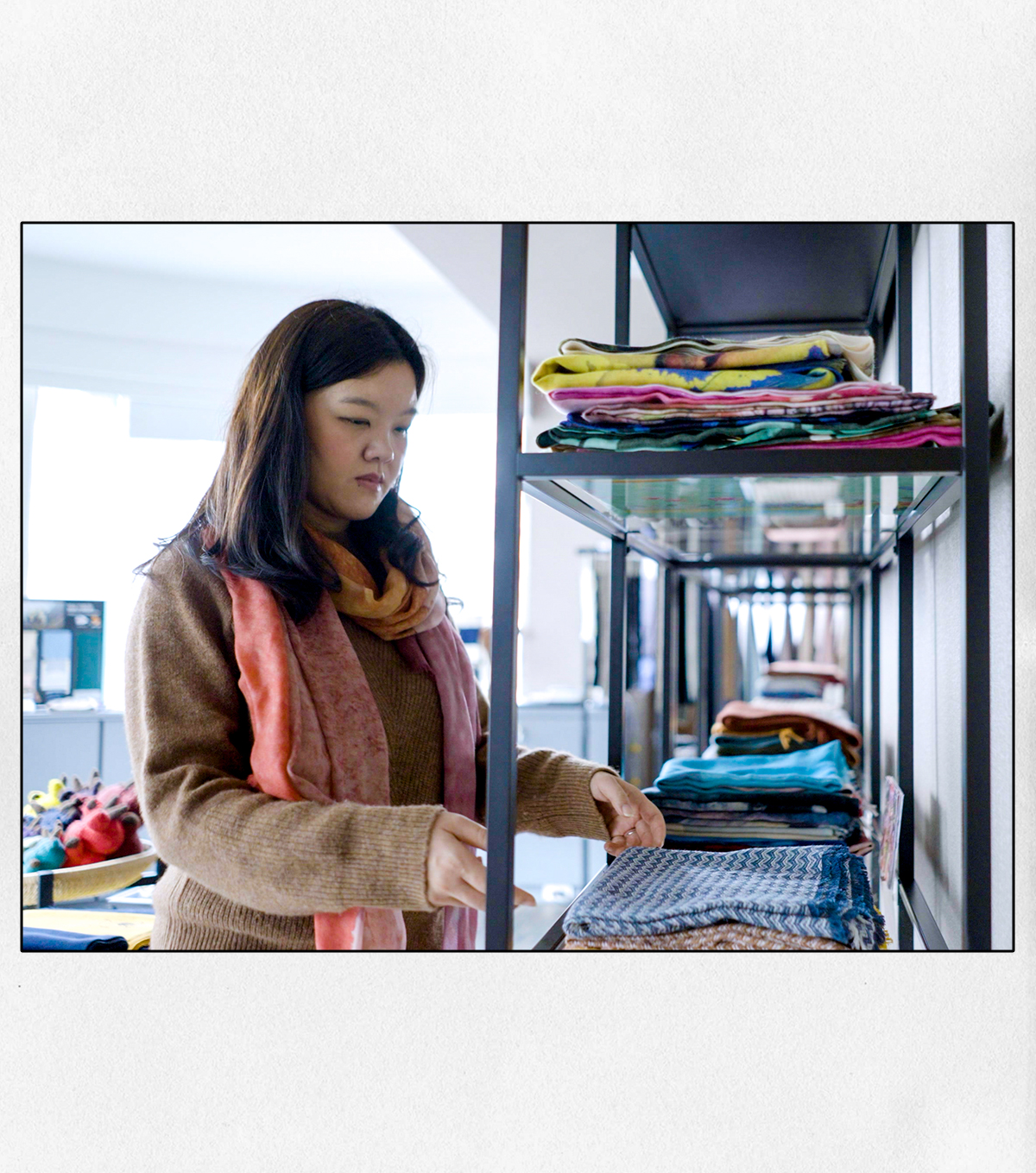
How has being part of the Cartier Women's Initiative impacted your business?
It has helped us gain greater publicity, network, and recognition.
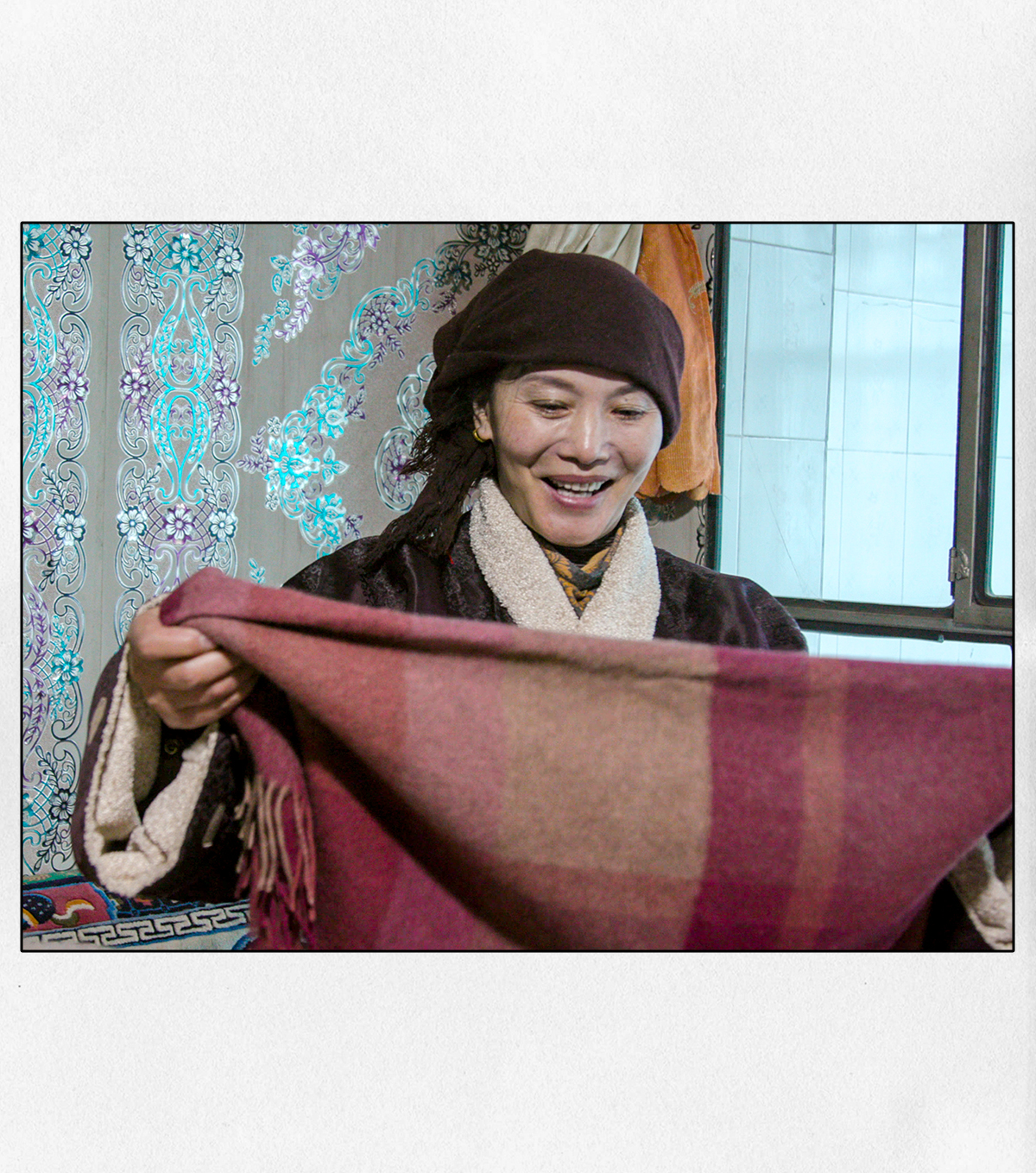
Do you have any advice for would-be female entrepreneurs? Would you recommend pursuing grants like the CWI?
I would recommend any women who are inspired by an idea to make a plan, not just a business plan, but a life plan. Consider carefully what resources you have on hand or can gain access to, make realistic goals, but also consider at what point you would need to give up the idea. You need a lot of courage both to start and stop an idea, but if you think through what’s the worst that could happen, it helps take away the fear. I would also highly recommend female entrepreneurs participate in CWI. There are very few global programs focused on women entrepreneurs, and Cartier takes this program very seriously!
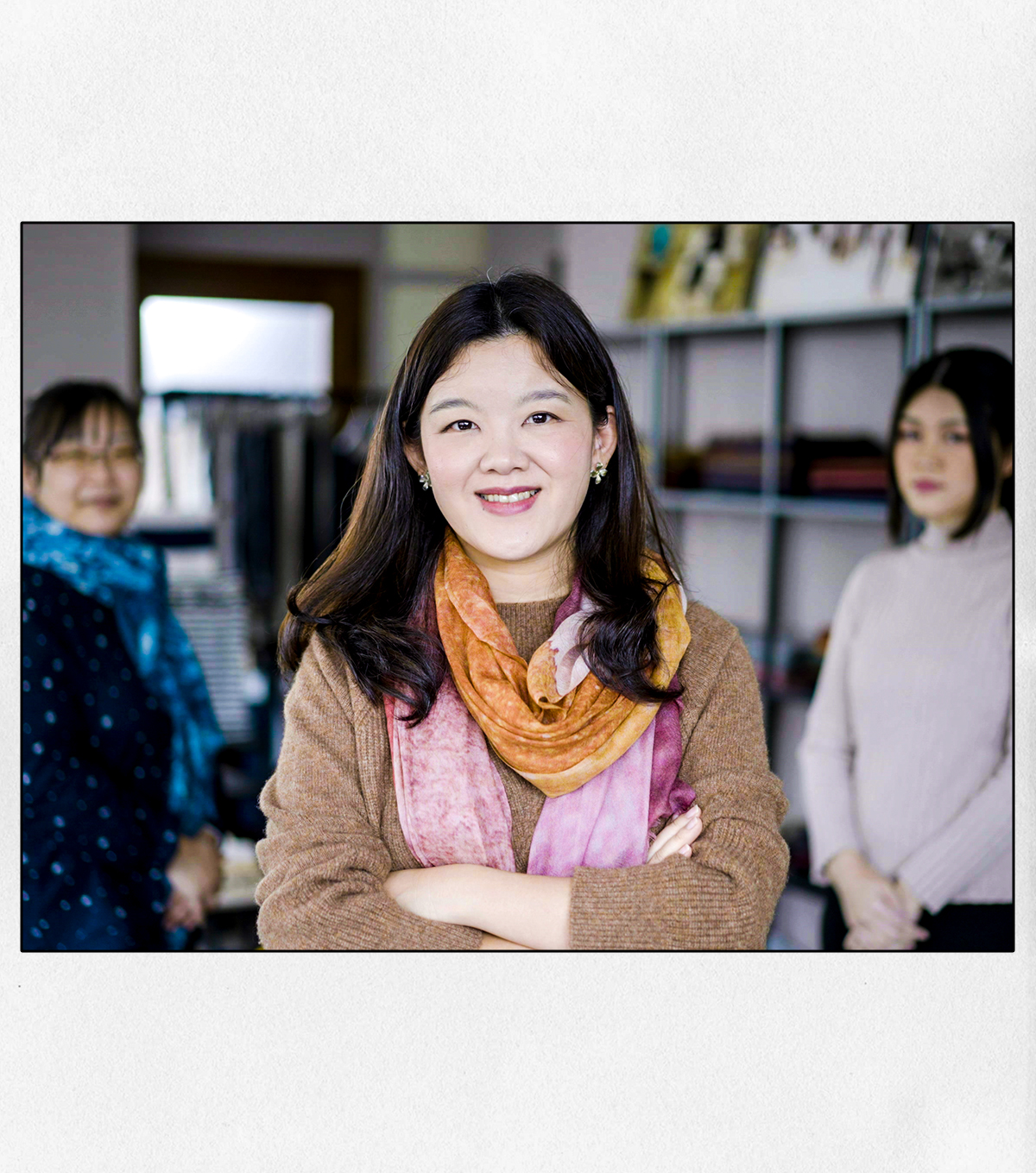
Anything else you'd like to add?
I am proud to be a women entrepreneur but even prouder to be a mom of triplets who are currently 2.5 years old!
Congratulations, Chyau!
Kat Collings has over 15 years of experience in the editorial fashion space, largely in digital publishing. She currently leads the vision for editorial content at WhoWhatWear.com as the site's editor in chief, having risen through the editorial ranks after joining the company in 2012. Collings is a Digiday Future Leader Awards nominee, was named Buzzfeed's best fashion Instagram accounts of the year, and is a member of the CFDA Awards Fashion Guild. Prior to Who What Wear, Collings worked on styling projects for brands such as Vogue, Teen Vogue, Lucky, and Oliver Peoples. She graduated from UCLA with a BA in communications and calls Los Angeles home.
-
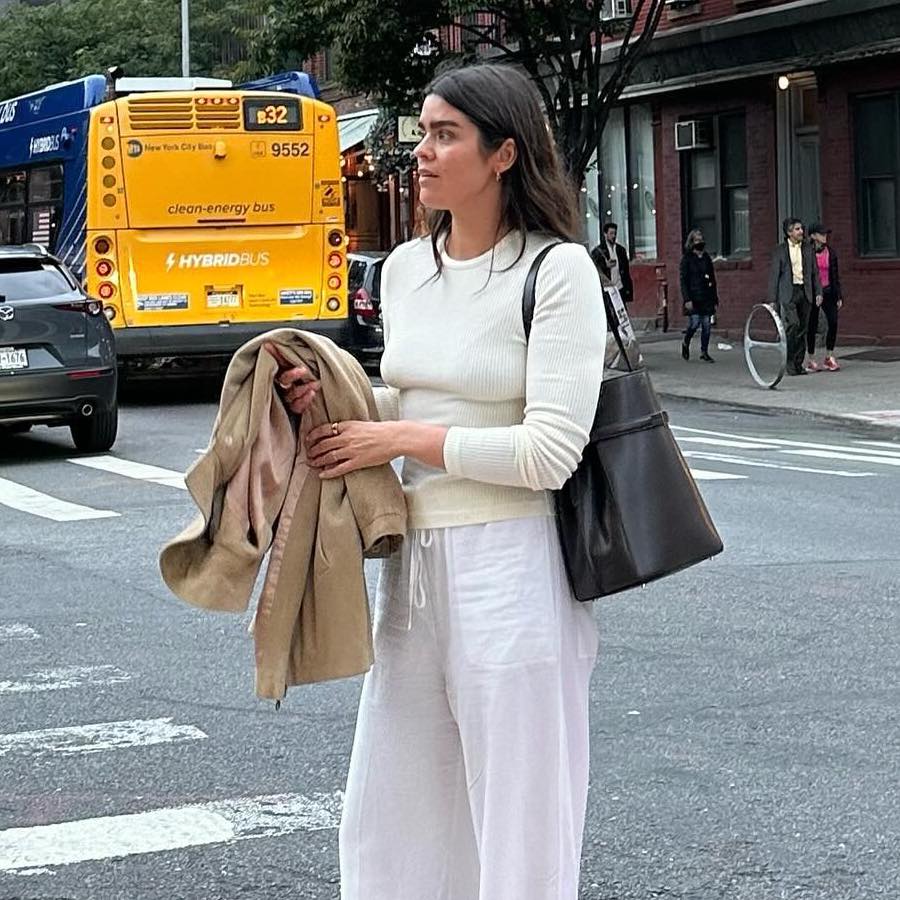 35 Incredibly Chic Luxury Finds I Would Immediately Buy If My Salary Tripled Tomorrow
35 Incredibly Chic Luxury Finds I Would Immediately Buy If My Salary Tripled TomorrowA girl can dream, right?
By Jennifer Camp Forbes
-
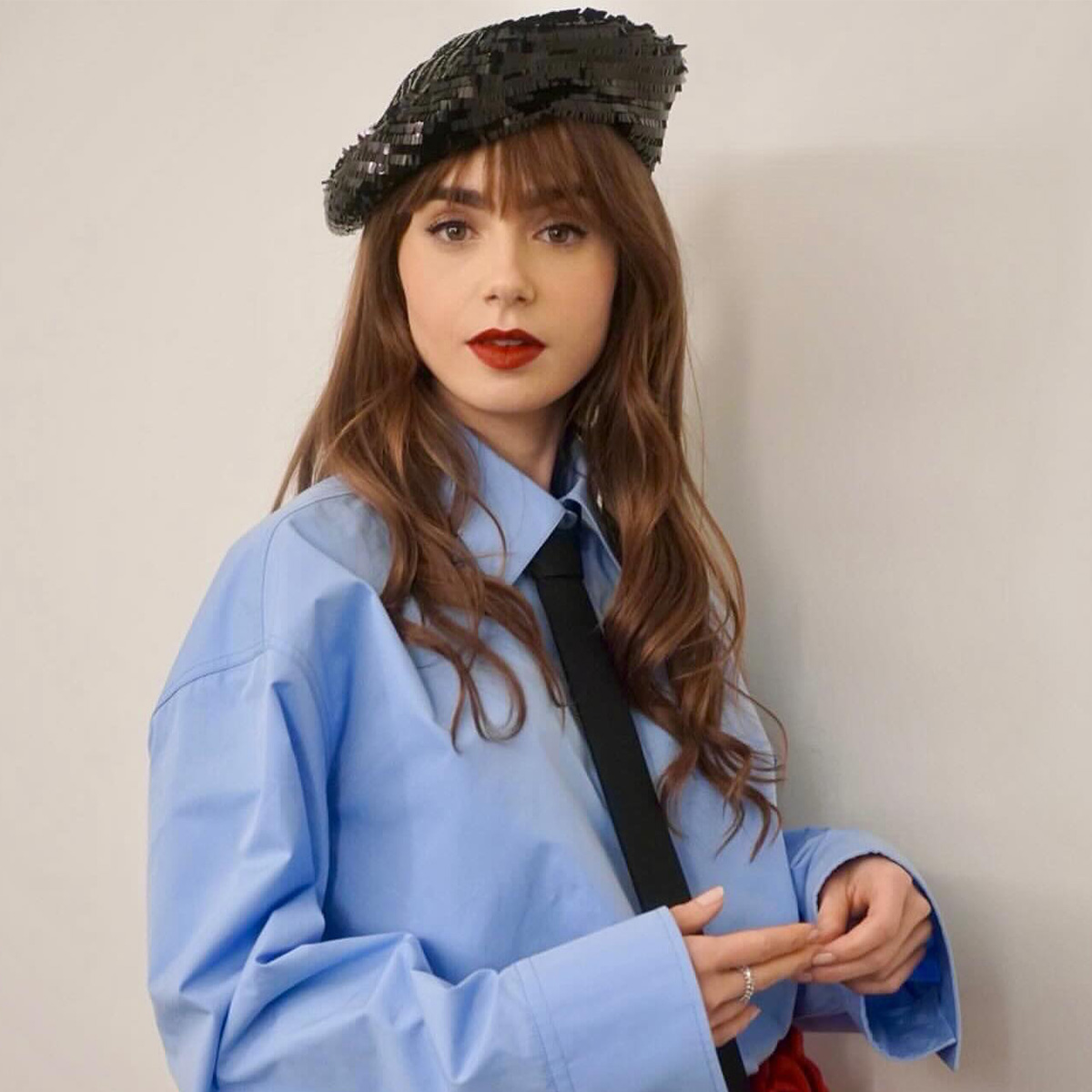 Lily Collins's Emily in Paris Press Tour Looks Are 100% French-Girl Coded
Lily Collins's Emily in Paris Press Tour Looks Are 100% French-Girl CodedShe even wore a sequin beret.
By Eliza Huber
-
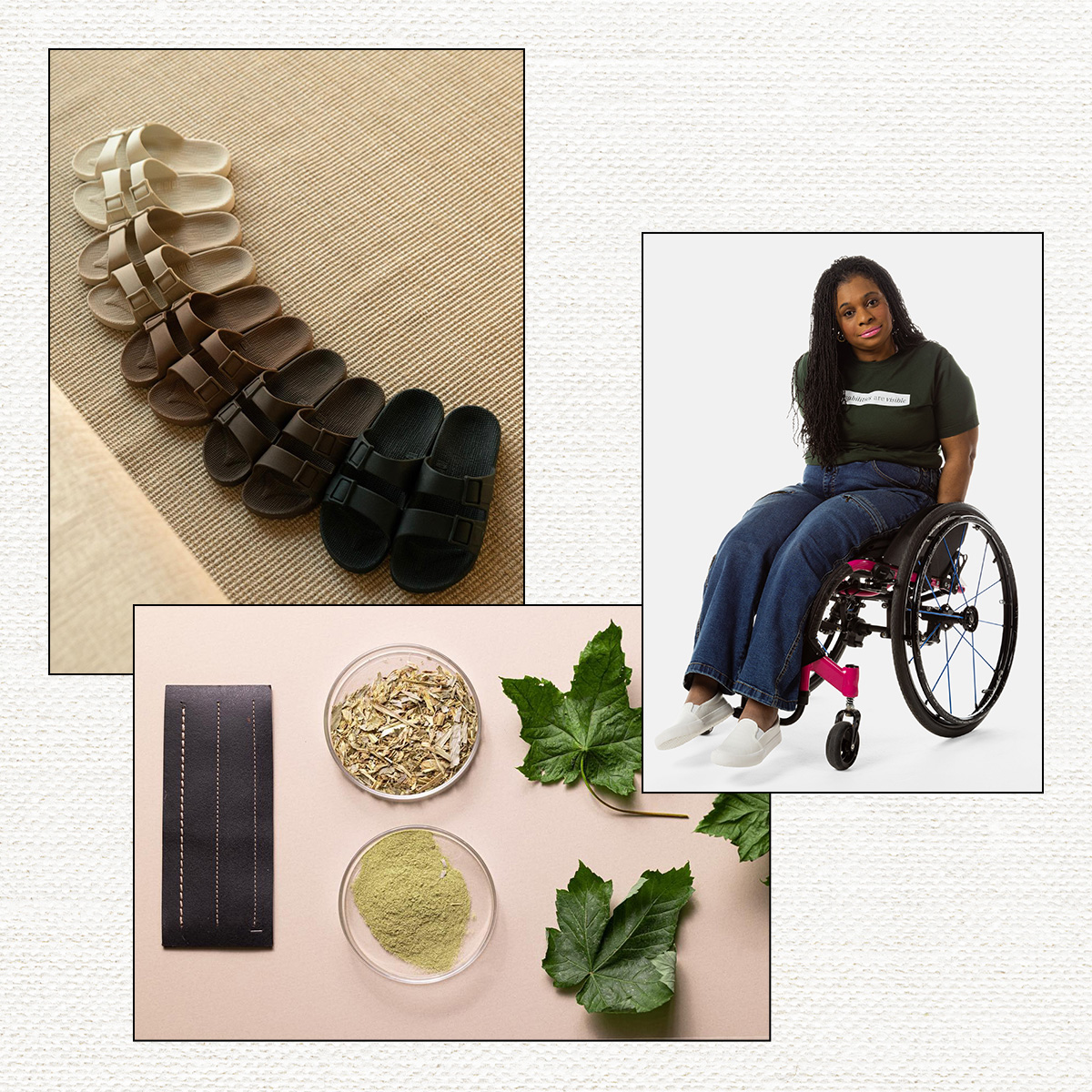 Cartier Is Empowering These Changemaking Fashion Entrepreneurs
Cartier Is Empowering These Changemaking Fashion EntrepreneursBy Kristen Nichols
-
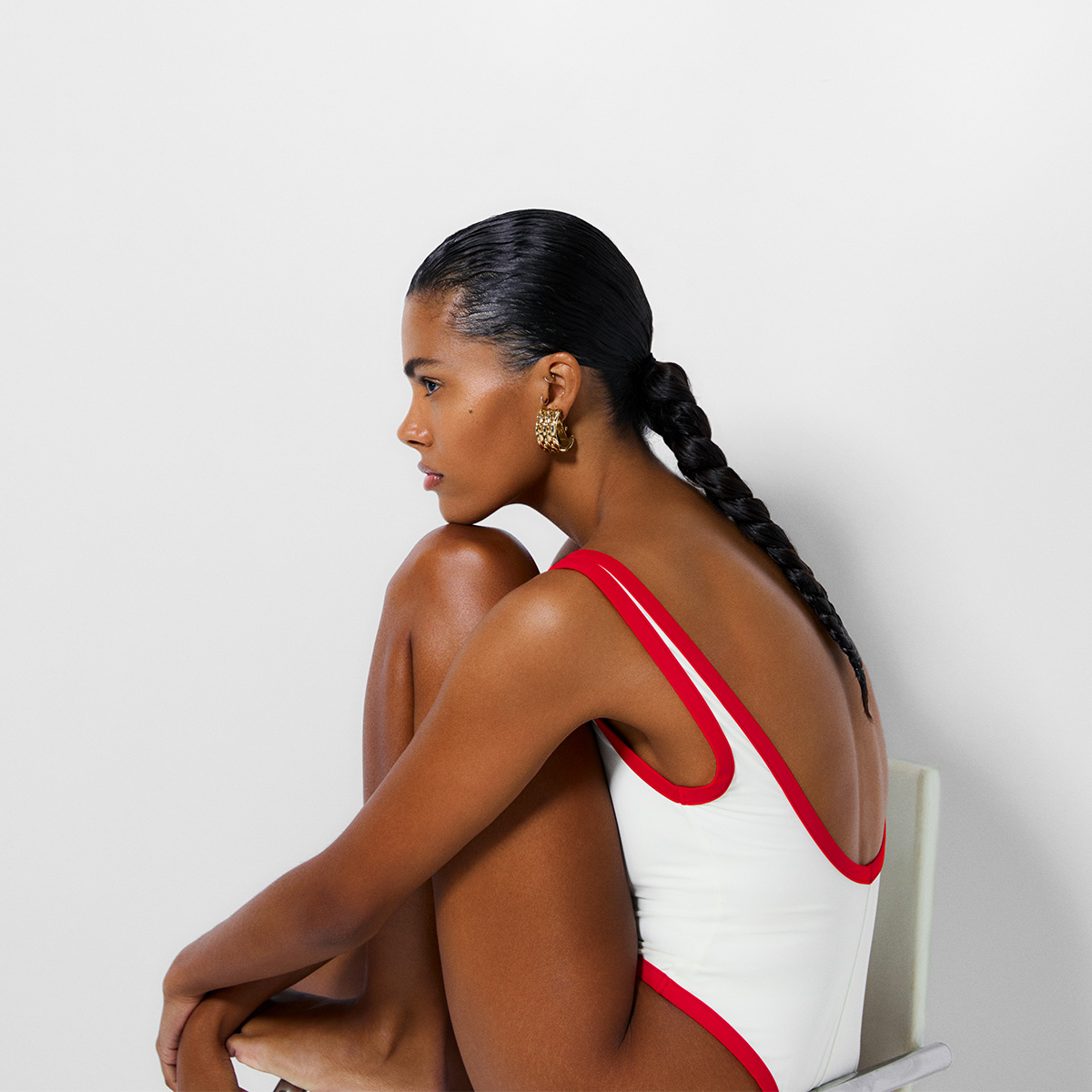 Reformation Finally Launched Swimwear, and the Collection Is Pure Elegance
Reformation Finally Launched Swimwear, and the Collection Is Pure Elegance*Orders every suit.*
By Eliza Huber
-
 16 Classic Finds That Are Key to Building Your Perfect Capsule Wardrobe
16 Classic Finds That Are Key to Building Your Perfect Capsule WardrobeThis brand is a gem.
By Raina Mendonça
-
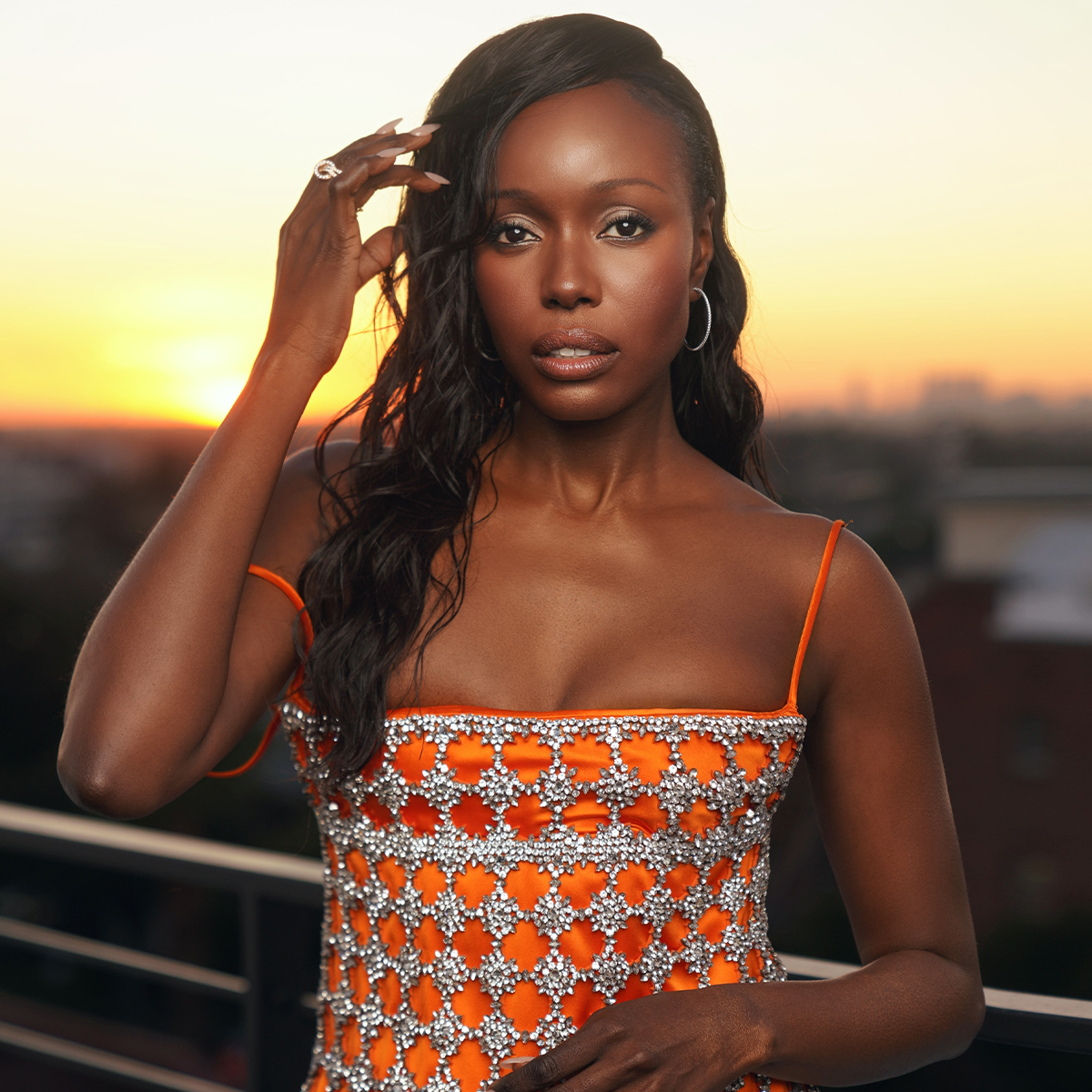 Anna Diop Is a Tangerine Dream in Gucci for The Book of Clarence Premiere
Anna Diop Is a Tangerine Dream in Gucci for The Book of Clarence PremiereA joyous fashion moment to kick off 2024.
By Jessica Baker
-
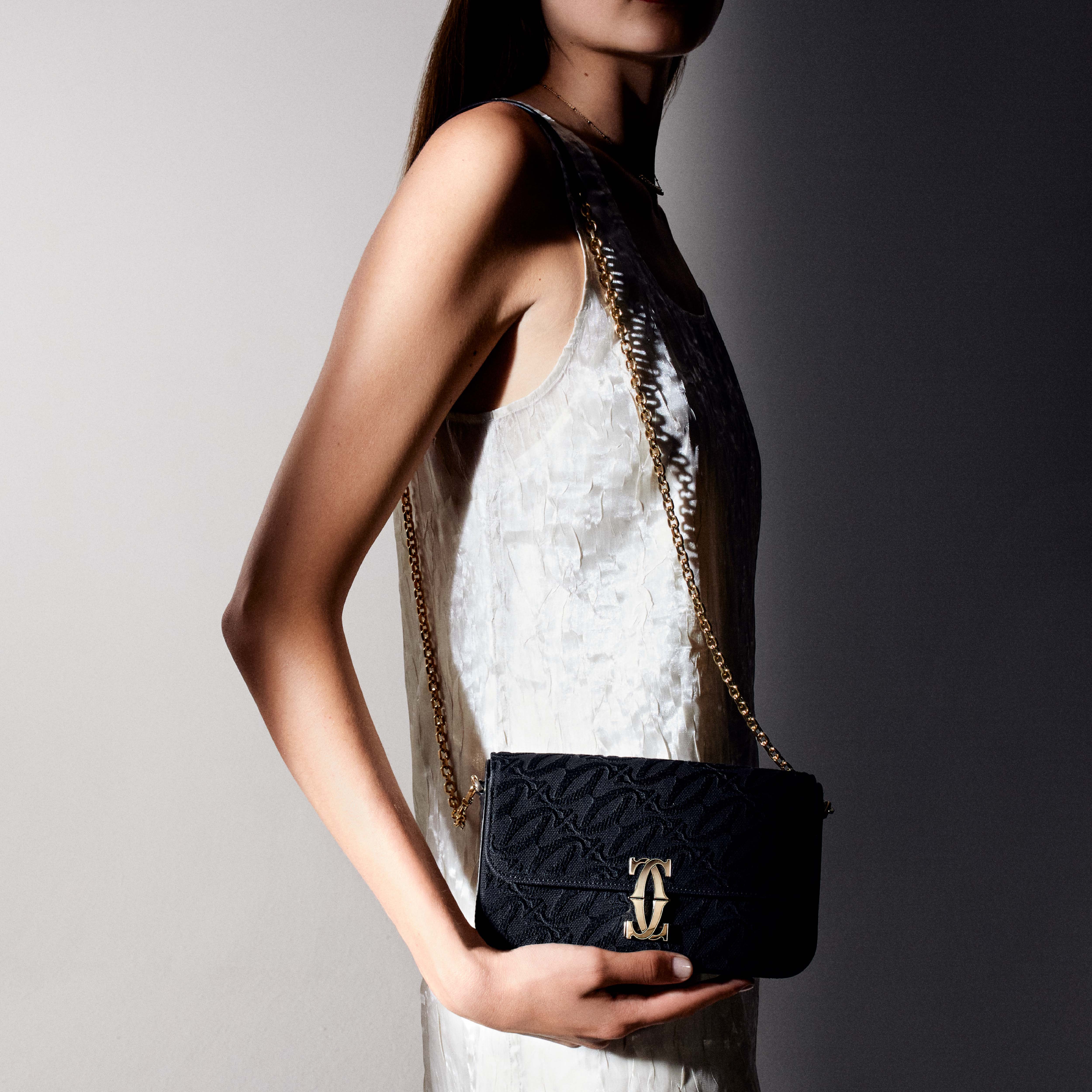 Cartier's New Embroidered Bags Are the Epitome of Timeless Craftsmanship
Cartier's New Embroidered Bags Are the Epitome of Timeless CraftsmanshipMeet the C de Cartier Embroideries purses.
By Kat Collings
-
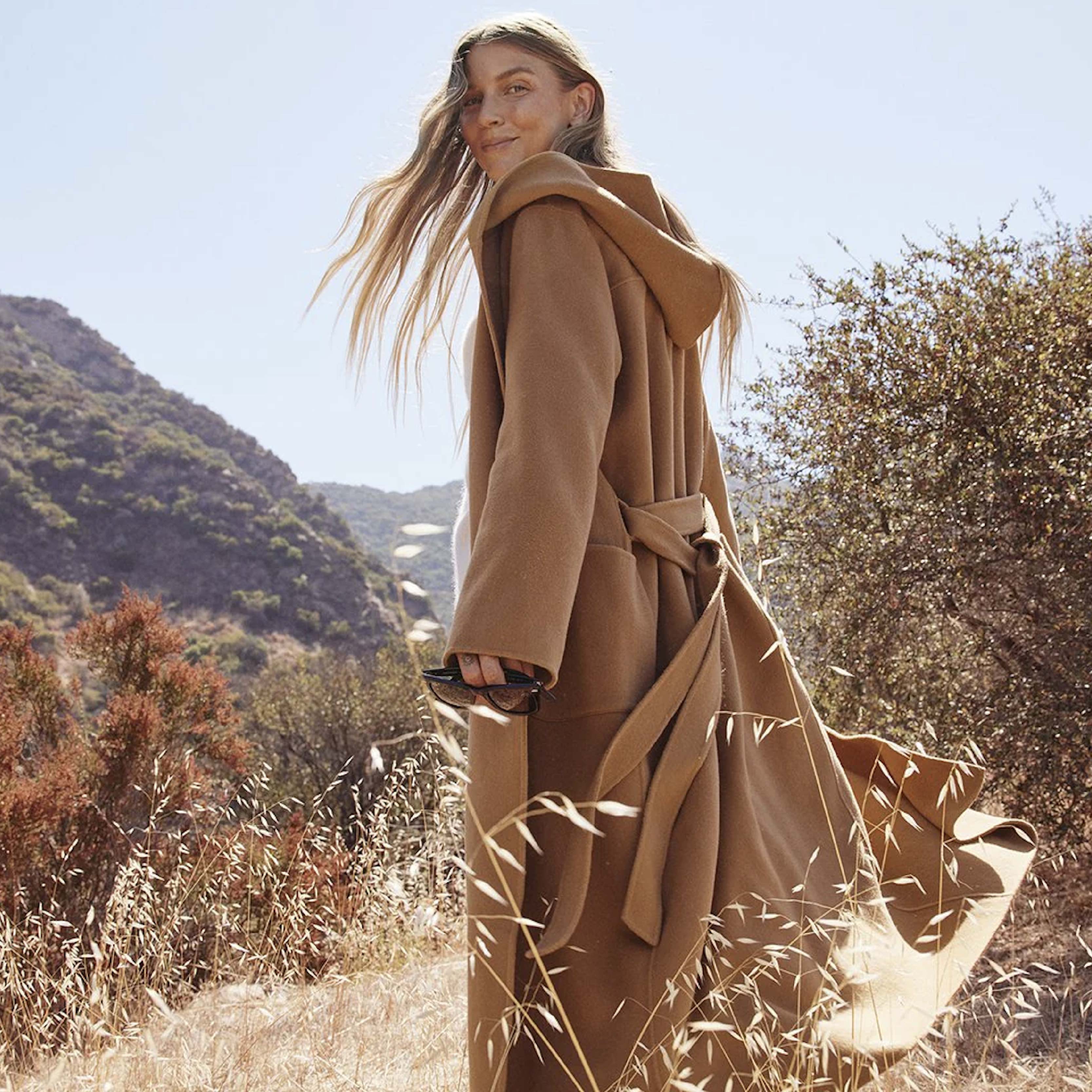 16 Classic Winter Fashion Finds That Will Stand the Test of Time
16 Classic Winter Fashion Finds That Will Stand the Test of TimeThese are winners.
By Raina Mendonça
